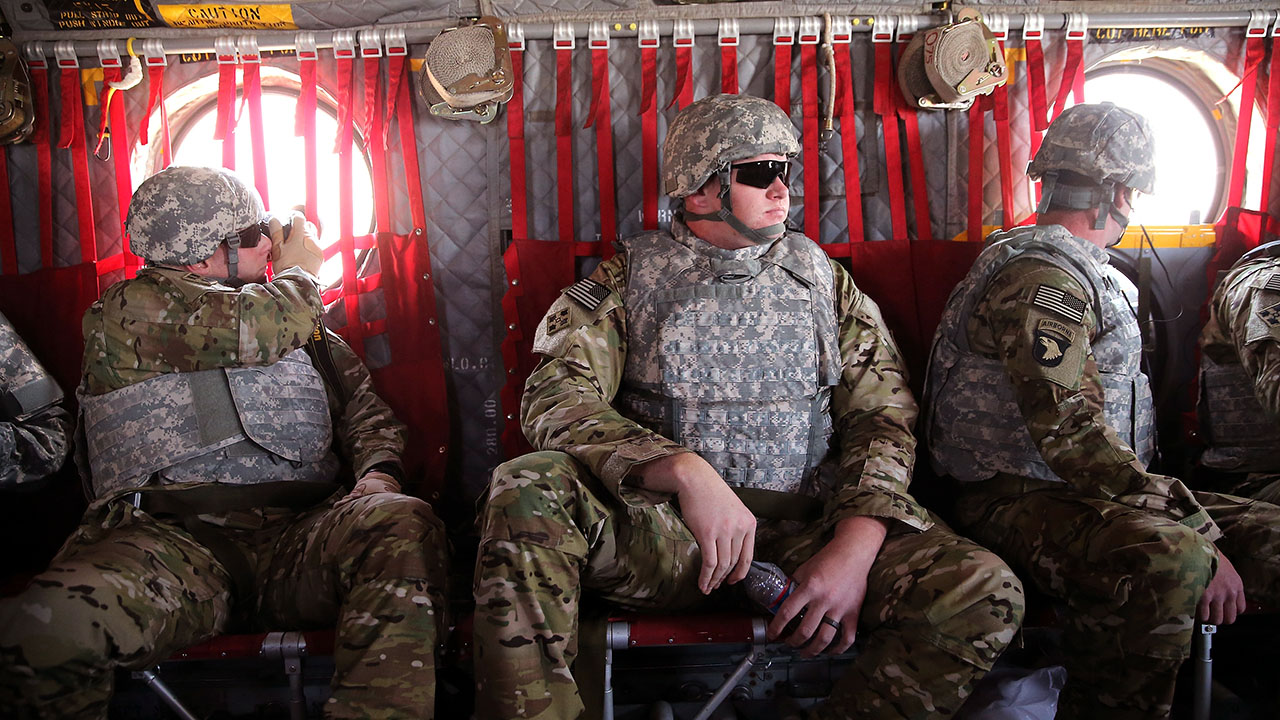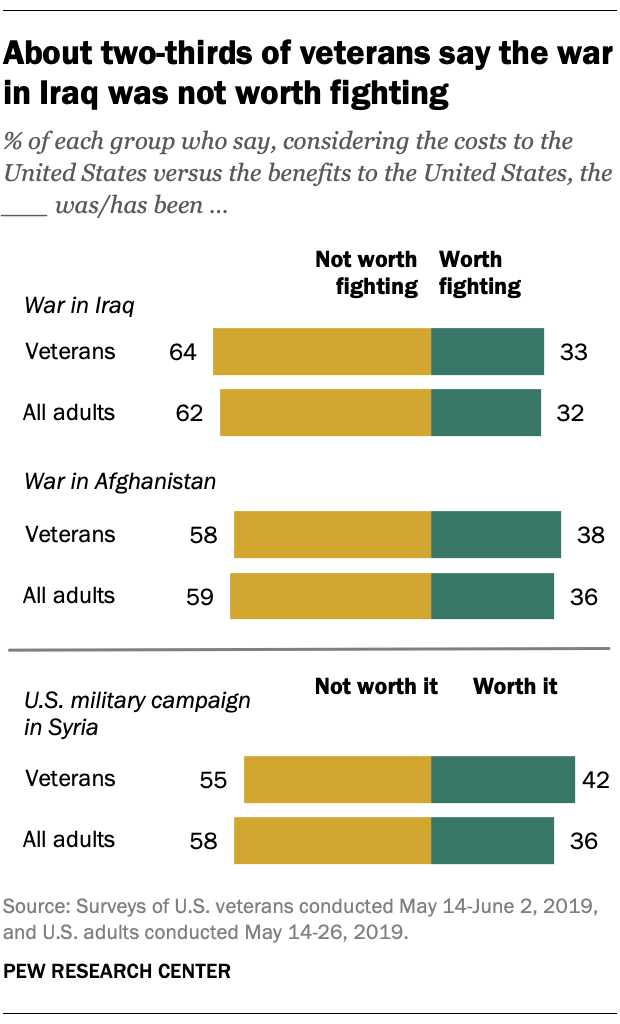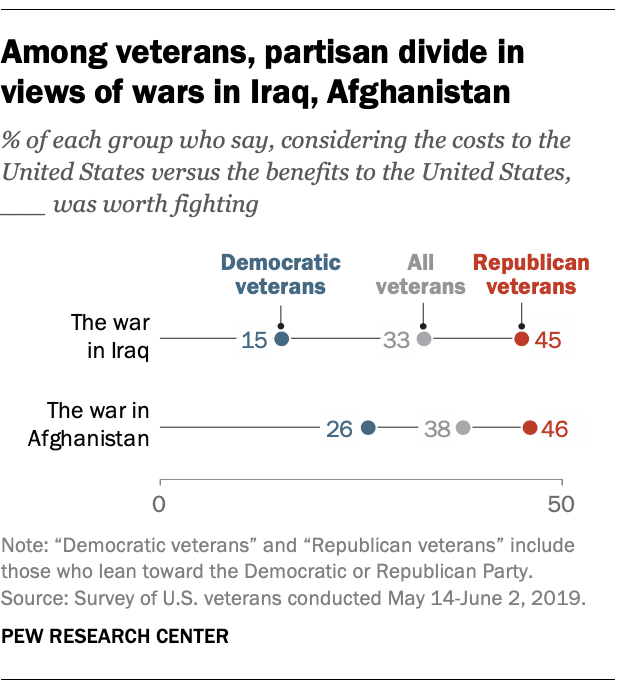30 BOOKS YOU SHOULD READ AT LEAST ONCE IN YOUR LIFE

This list includes the 30 most recommended books to read at least once in your life, covering both classics and relatively new titles. If you’ve read all 30 of them (which is not entirely impossible), feel free to leave your comments, we definitely want to hear from you! Some of them are really super long series like Wheel of Time or simply a short story from a series of collection. The majority of them are classics, but they’re up here on the list for many reasons for sure as they’re not only adopted within a to-read list by the general public but also have been thoroughly utilized in various educational system.
From George Orwell, John Steinbeck, Kurt Vonnegut to J. R. R. Tolkien, you’ll find lots of options to choose from. The best part in our opinion in this list is that the titles are always worth re-reading even if you’ve read it before. There are so many plots, characters, narrations, descriptions and additional background stories that it’s quite probably that we might have missed that on our first read.
Here’s the list:-
- 1984 by George Orwell – Set in Airstrip One, a world of perpetual war, omnipresent government surveillance, and public manipulation.
- All Quiet on the Western Front by Erich Maria Remarque – One of the greatest war novels ever written. Truly depicts the physical, psychological, and mental wounds of war
- Brave New World by Aldous Huxley – Far in the future, the World Controllers have created the ideal society. Through clever use of genetic engineering, brainwashing and recreational sex and drugs all its members are happy consumers.
- Catch 22 by Joseph Heller – Set in the closing months of World War II in an American bomber squadron off the coast of Italy, Catch-22 is the story of a bombardier named Yossarian who is frantic and furious because thousands of people he has never even met.
- East of Eden by John Steinbeck – The biblical account of Cain and Abel is echoed in the history of two generations of the Trask family in California.
- Flowers for Algernon by Daniel Keyes – A mentally challenged man receives an operation that turns him into a genius, and introduces him to heartache.
- Hitchhiker’s Guide to the Galaxy by Douglas Adams – Chronicles the off-beat and occasionally extraterrestrial journeys, notions, and acquaintances of galactic traveler Arthur Dent.
- Maus by Art Spiegelman – The author-illustrator traces his father’s imprisonment in a Nazi concentration camp through a series of disarming and unusual cartoons.
- Meditations by Marcus Aurelius – A series of writings by Marcus Aurelius, Roman Emperor 161–180 CE, setting forth his ideas on Stoic philosophy.
- Night by Elie Wiesel – An account of the ever-increasing horrors he endured, the loss of his family and his struggle to survive in a world that stripped him of humanity, dignity and faith.
- Of Mice and Men by Steinbeck – Presents a dramatization of the tragic story of a friendship between two migrant workers, George and Lenny, and their dream of owning a farm.
- One Hundred Years of Solitude by Garcia Marquez – It is a rich and brilliant chronicle of life and death, and the tragicomedy of humankind.
- Religious Texts by various authors – Seek wisdom, meaning and purpose in life.
- Siddhartha by Herman Hesse – Hermann Hesse imagined life in India during the lifetime of the Buddha to create this memorable tale about a restless seeker of enlightenment.
- Slaughterhouse Five by Kurt Vonnegut – Billy Pilgrim returns home from the Second World War only to be kidnapped by aliens from the planet Tralfamadore, who teach him that time is an eternal present.
- The Adventures of Huckleberry Finn by Mark Twain – Twain’s satiric treatment of racism, religious excess, and rural simplicity and his accuracy in presenting dialects mark Huck Finn as a classic.
- The Brothers Karamazov by Dostoevsky – Three brothers, involved in the brutal murder of their despicable father, find their lives irrevocably altered as they are driven by intense, uncontrollable emotions of rage and revenge.
- The Count of Monte Cristo by Alexandre Dumas – A story about the life of a young sailor, Edmond Dantes. The narration follows him from near-triumph to complete disaster and then his swashbuckling adventures to get freedom and revenge.
- The Essential Calvin and Hobbes: A Calvin and Hobbes treasury by Bill Waterson – Beginning with the day Hobbes sprang into Calvin’s tuna fish trap, the first two Calvin and Hobbescollections, Calvin and Hobbes and Something Under The Bed Is Drooling, are brought together in this treasury.
- The Last Question by Isaac Asimov – The Last Question is the absolute personal favourite of Asimov himself. Always entertaining and thought provoking, Asimov remains supreme as one of the best science fiction writer.
- The Lord of the Rings by J.R.R.Tolkien – One Ring to rule them all, One Ring to find them, One Ring to bring them all and in the darkness bind them.
- The Phantom Toll Booth by Norton Juster – When Milo finds an enormous package in his bedroom, he’s delighted to have something to relieve his boredom with school.
- The Red Badge of Courage by Stephen Crane – It’s an American Civil War book written by a civilian, but said to be the single greatest depiction of front line combat.
- The Stand by Stephen King – As the dark man and the peaceful woman gather power, the survivors will have to choose between them, and ultimately decide the fate of all humanity.
- The Stranger by Albert Camus – An enigmatic man who commits a senseless crime and then calmly, and apparently indifferently, sits through his trial and hears himself condemned to death.
- The Things They Carried by Tim O’Brien – Heroic young men carry the emotional weight of their lives to war in Vietnam in a patchwork account of a modern journey into the heart of darkness.
- The Yellow Wallpaper by Charlotte Perkins Gilman – The story depicts the effect of confinement on the narrator’s mental health and her descent into psychosis. With nothing to stimulate her, she becomes obsessed by the pattern and color of the wallpaper.
- To Kill a Mockingbird by Harper Lee – One of the best-loved stories of all time, To Kill a Mockingbird is a classic novel of a lawyer in the Deep South defending a black man charged with the rape of a white girl.
- With the Old Breed by E. B. Sledge – Shows what fighting in the Pacific Theater WW2 was like.
- Wheel of Time by Robert Jordan and Brandon Sanderson – Taking place both in our past and our future, the saga tells the story of a man destined to face the Evil One and save the world—or destroy it in the process.




